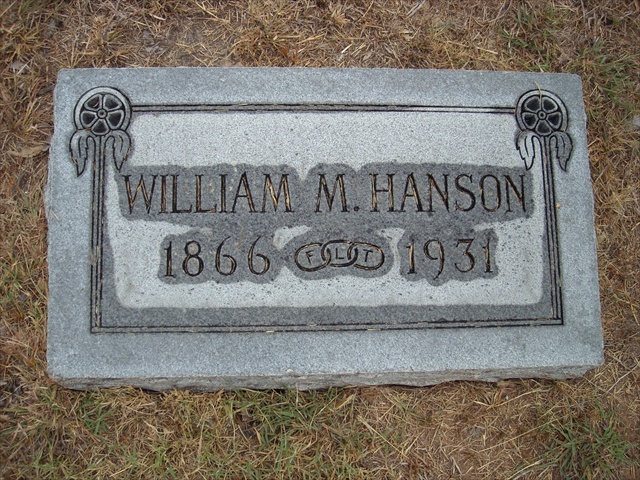On February 8, 1918, Texas Ranger Captain William Hanson wrote a letter to his boss, Adjutant General James Harley, about his trip to Marfa, Texas.1 Just two weeks earlier, Marfa-based Texas Rangers under the command of Captain J.M. Fox had perpetrated the Porvenir Massacre, one of the most reprehensible actions ever undertaken by the Rangers, in which fifteen unarmed Mexican and Mexican American men were murdered in cold blood. Hanson had been appointed Ranger Captain and the force’s first inspector just days earlier and was sent to Marfa in one of his first official actions to begin assessing Fox and his Ranger company for the adjutant general’s office. Hanson’s responsibility would presumably be to investigate the massacre, find out who was responsible, and recommend accountability for its perpetrators. That, after all, is how a legitimate government would handle investigations of police violence.
In fact, neither Hanson nor Harley had any interest in investigating the slaughter at Porvenir. One of Hanson’s first stops in Marfa was at Fox’s headquarters, where the two had a long conversation about conditions in West Texas. In his letter to Harley, however, Hanson made clear that his primary intention in conducting the interview was to determine Fox’s fidelity to Governor William Hobby, who in 1918 was in the midst of a primary campaign against former Governor James Ferguson (who had been impeached and removed from office in 1917). Hanson seems not to have mentioned Porvenir in this conversation. His sole focus was on Fox’s estimation of support for Hobby in the Marfa area. Fox assured Hanson that the majority of the population supported Hobby, except for some troublemakers who supported Ferguson. Hanson asked a few other Marfa bigwigs about Fox’s fidelity to the Hobby administration and campaign and seemed satisfied in the letter to Harley that Fox checked out politically. No mention was made in the letter of Porvenir or any other actions by Fox or the Rangers in his company. Questions about Fox’s political leanings were as close as Hanson came to investigating the murder of fifteen unarmed men and doing his job as inspector of the Rangers. Hanson and his bosses saw no need to punish Fox as long as he seemed politically loyal. Fox gave Hanson, Harley, and Hobby no reason to think he supported Ferguson, so for the time being they saw no reason to investigate or even assess his actions in Porvenir. Nor did Harley or Hobby ever reprimand Hanson for failing to investigate the Porvenir Massacre. Their silence in state records seems to indicate that they knew what Hanson’s goal was in traveling to Marfa. Fox’s assertions of support for Hobby were all they wanted.
Hanson’s half-hearted “investigation” of Fox was not the last word on this issue, however, as Porvenir’s survivors, US Army personnel who had been in the vicinity of the massacre, and others made clear that Fox’s Rangers had committed cowardly murder in Porvenir. A year later, the Canales Hearings would expose the Rangers’ crimes at Porvenir. Hanson’s attempts to narrow the focus of the official investigation to Fox’s political leanings illustrated the cold-blooded inhumanity and astonishing cynicism of state officials in dealing with the aftermath of the massacre, but it also shows the manifestly political nature of the Rangers at this moment in their history. They were not acting as a law enforcement agency. They were sent out to clean up a potential political mess created by a mass killing, unconcerned with the dead or the fate of the survivors. The Ranger leadership and the administration of Governor Hobby believed that the Porvenir massacre was not a crime and that its perpetrators did not need to be punished. It was just an incident that state officials would rather ignore. The Texas Rangers were both the agents of that massacre and, through William Hanson, the ones who sought to cover up the deaths of people who Governor Hobby and Adjutant General Harley considered trivial. William Hanson did the job they sent him to do. His goal was not to stop crime or to punish criminals. He was an errand boy sent to safeguard the political career of Hobby after people noticed that the Rangers had slaughtered fifteen innocent, unarmed men. This same level of cynicism and complete disinterest in upholding the law was a central theme of William Hanson’s long career as a law enforcement officer, Texas Ranger, and Immigration Service official, as I detail at length in my new book on William Hanson.
John Weber, Associate Professor of History at Old Dominion University, is the author of the
recently published William Hanson and the Texas-Mexico Border: Violence, Corruption, and the
Making of the Gatekeeper State (University of Texas Press, 2024).
- William Hanson to James A. Harley, February 8, 1918, Box 401-573-26, “General
Correspondence, February 8-15, 1918” Folder, Adjutant General Department, General
Correspondence, Texas State Library and Archives, Austin, Texas. ↩︎

